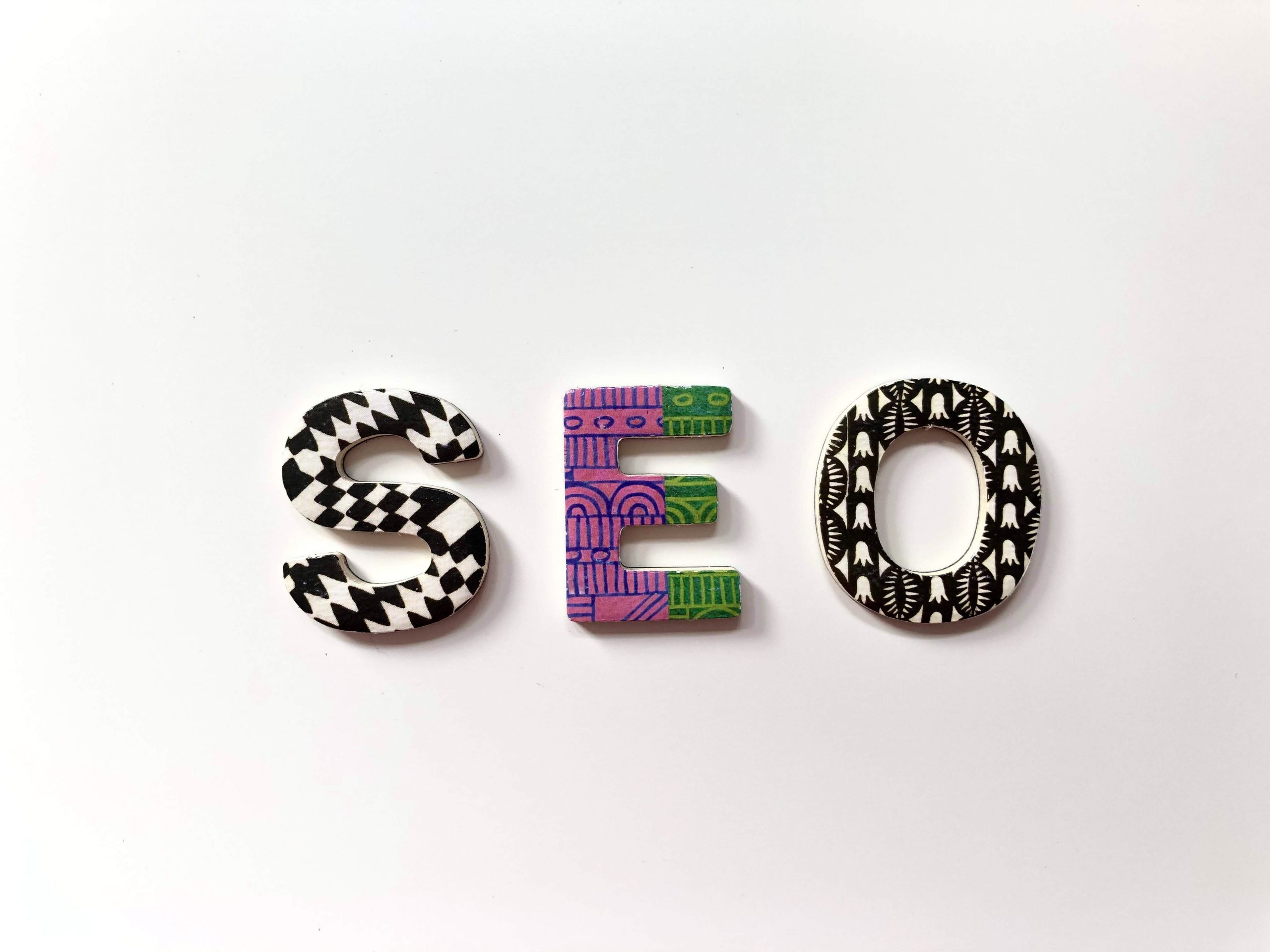If you’re just starting to dive into SEO, you might be surprised that there are both on-page and off-page types.
Search engine optimization (SEO) is critical to help drive organic traffic to your website. Even more than that, with the right SEO, you should be driving more quality traffic as well.
In the simplest sense, on-page SEO involves everything that’s on your website, while off-page is what’s happening outside of your website.
Let’s dig a little deeper.
On-page SEO
This involves some of the more basic SEO tactics:
- Keywords: Not as important as they used to be, keyword optimization is still typically the first tactic thought of when considering SEO strategy. Make sure you do your research and consider the terms and phrases that potential customers could be searching for in search engines.
- Meta descriptions: These short descriptions are the summaries that appear as part of your search result to give more context to users (and a shot at compelling them to click). You’ll want to keep each one to no more than 160 characters ideally but still include relevant keywords. Check out these eight tips to write effective meta descriptions.
- URL structure: Easy-to-understand URLs have two benefits. They help search engines crawl (and then index) your website, while they also lead to more clicks overall. This means that the end of a URL includes words that describe the content (hopefully with a keyword) instead of a string of numbers, for example.
- Internal linking: Linking to other web pages within your website makes your website that much easier for search engines to crawl. It also keeps your website visitors engaged for longer.
- Quality content: Remember the goal of search engines—to provide the most relevant search results for every query made. Relevant equates to quality content from you. Your content should answer questions and/or solve problems. You also want your content fresh and skimmable for visitors.
- Structured content: Speaking of skimmable, this translates into structured content. Make sure you have headings and subheadings with the appropriate tags (H1, H2, etc.) for easy search engine crawling.
- Title tags: These are the titles of your web pages that you can see on search engine results pages as the clickable result title. Ensure that these are concise, unique and descriptive (with a keyword included).
- Headings: Similar to title tags but are headling the content on your webpage.
- Alt text: This is the word or phrase that describes an image file in order for it to be indexed for search engines. It also helps users (who can’t see the image) know what it is about in general.
- Page security: Enabling Secure Sockets Layer (SSL) security technology places you in the “preferred” category of websites by Google. Using SSL means that a third party can’t come between your web server and the user’s web server. This secures the information exchanged between the two.
- Page speed and performance: Pages that are slow to load or don’t render correctly will lower your website’s search engine ranking. This is because frustrated users will almost immediately abandon your site, increasing your bounce rate. That is a huge signal to search engines that your website is not a valuable search engine result for users. About 47 percent of users expect a website to load within 2 seconds. Be aware of your mobile optimization and any overuse of CSS or Javascript that can slow your load time down.
In other words, on-page SEO is anything you can do on your website to help its search engine rankings.
Off-page SEO
Perhaps not as well thought of, off-page SEO refers to the search engine ranking factors that happen off of your website. This includes:
- Backlinks: The more websites linking to your content, the better you can be ranked by search engines since this signals your trustworthiness and authority.
- Domain authority: Admittedly, domain authority is a mix of on-page and off-page SEO. It’s measured on a scale of 1 to 100. A higher score reflects the strength of your website in the eyes of search engines. How long you’ve had your domain name, the number of backlinks and the number of 404 error webpages all factor into your domain authority.
- Local listings: Adding your business to local directories can help you appear higher in more search results as well. Just make sure that all your information is consistent across sites, such as Google My Business, Yelp and more.
- Social media promotion: Social media posts do not directly impact your search engine ranking. However, search engines will notice and boost content that generates engagement (clicks and shares).
In conclusion
Ultimately, you need to nurse both your on-page and off-page SEO to improve your search engine ranking.
Unsure if you’ve got your SEO right? Check out these 13 common mistakes you could be making right now.

